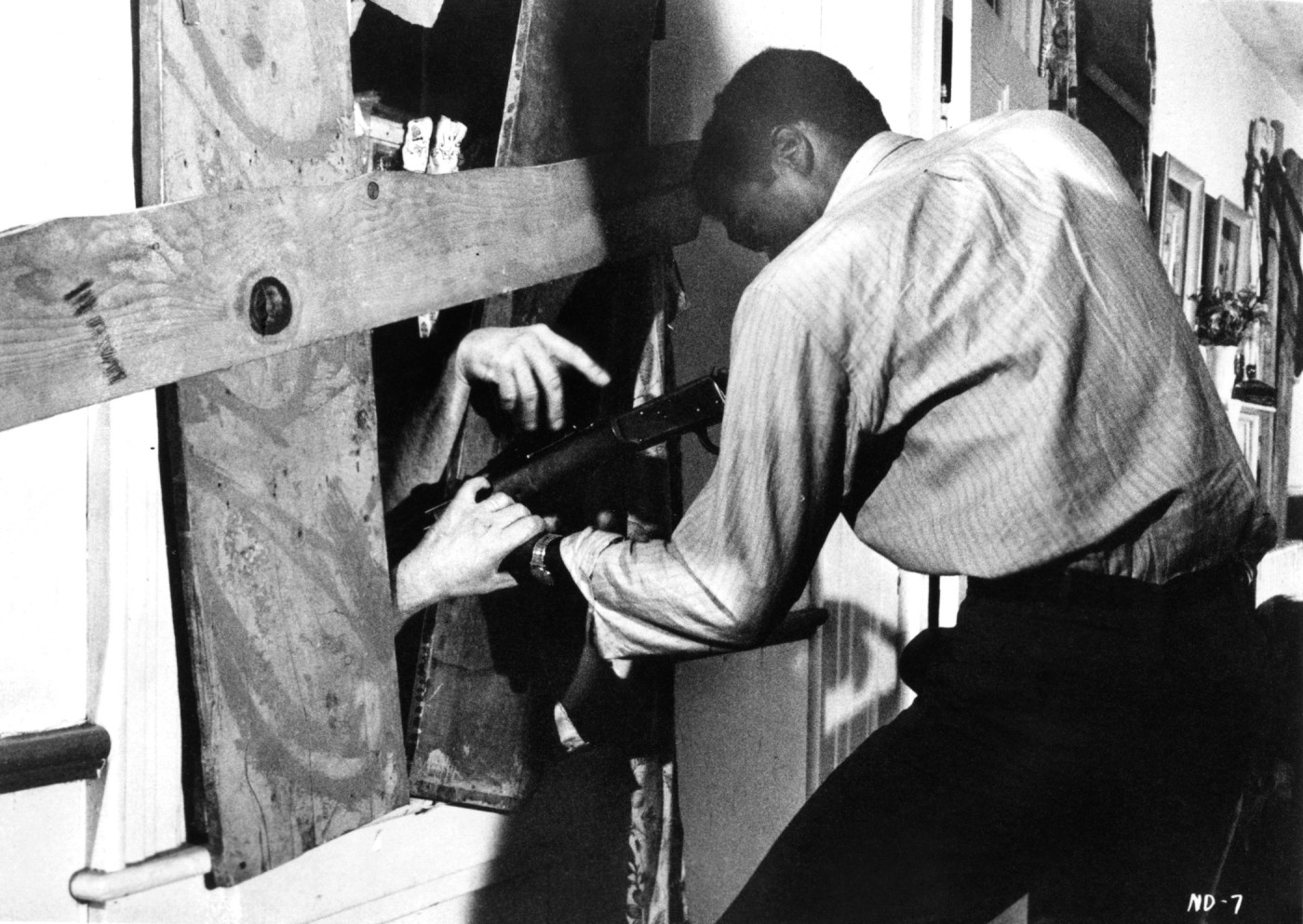
Midnight Screenings 2006 / Night of the Living Dead / USA 1968
Inspired by Richard Matheson’s I am Legend and EC comics, this tightly-edited, claustrophobically-framed horror film retains, along with its relevance, an ability to startle and appal. Deemed “culturally significant” by the United States Library of Congress and selected for preservation in the National Film Registry.


Although nearly 40 years old, Romero’s feature debut remains a seminal horror film, one still capable of surprising, shocking and scaring even the most jaded of audiences. Shot in gritty black and white with a cast of unknowns, it seems almost documentary-like as it follows the plight of seven people who seek refuge from the living dead in an abandoned farmhouse. As the night unfolds, the zombie quotient increases, and their situation grows more dire. Finally, they turn on themselves... The sense of society overrun by irrational forces echoes the enormous social upheaval felt in the U.S. during the late 1960s. Much of the film’s raw power comes from the way Romero defies genre conventions and violates a number of strong taboos, especially with his depiction of explicit gore. Night of the Living Dead redefined the horror film and has become one of the most influential films of all time.
96 min / Black & white, DIGIBETA
Director George A. Romero
/ Screenplay John A. Russo, George A. Romero
/ Dir. of Photography George A. Romero
/ Editor George A. Romero, John A. Russo
/ Producer Russell Streiner, Karl Hardman
/ Cast Judith O’Dea, Russell Streiner, Duane Jones, Karl Hardman, Keith Wayne

George A. Romero (b. 1939, USA) grew up in New York and attended the Carnegie-Mellon Institute in Pittsburgh, Pennsylvania. He began his career producing industrial films and television commercials. He’s one of the top names in the modern horror film, thanks to his first feature, the low-budget cult classic Night of the Living Dead (1968), and its sequels Dawn of the Dead (1978), Day of the Dead (1985) and Land of the Dead (2005). His early works, made in and around Pittsburgh, tap into the zeitgeist of social commentary. His filmography includes There’s Always Vanilla (1971), Hungry Wives (1972), The Crazies (1973), Martin (1977), Knightriders (1981), Creepshow (1982), Monkey Shines (1988), The Dark Half (1993), and Bruiser(2000).

Stuart Samuels
Film Director / Producer
First-hand brews throughout the year.
Be among the first to learn about upcoming events and other news. We only send the newsletter when we have something to say.